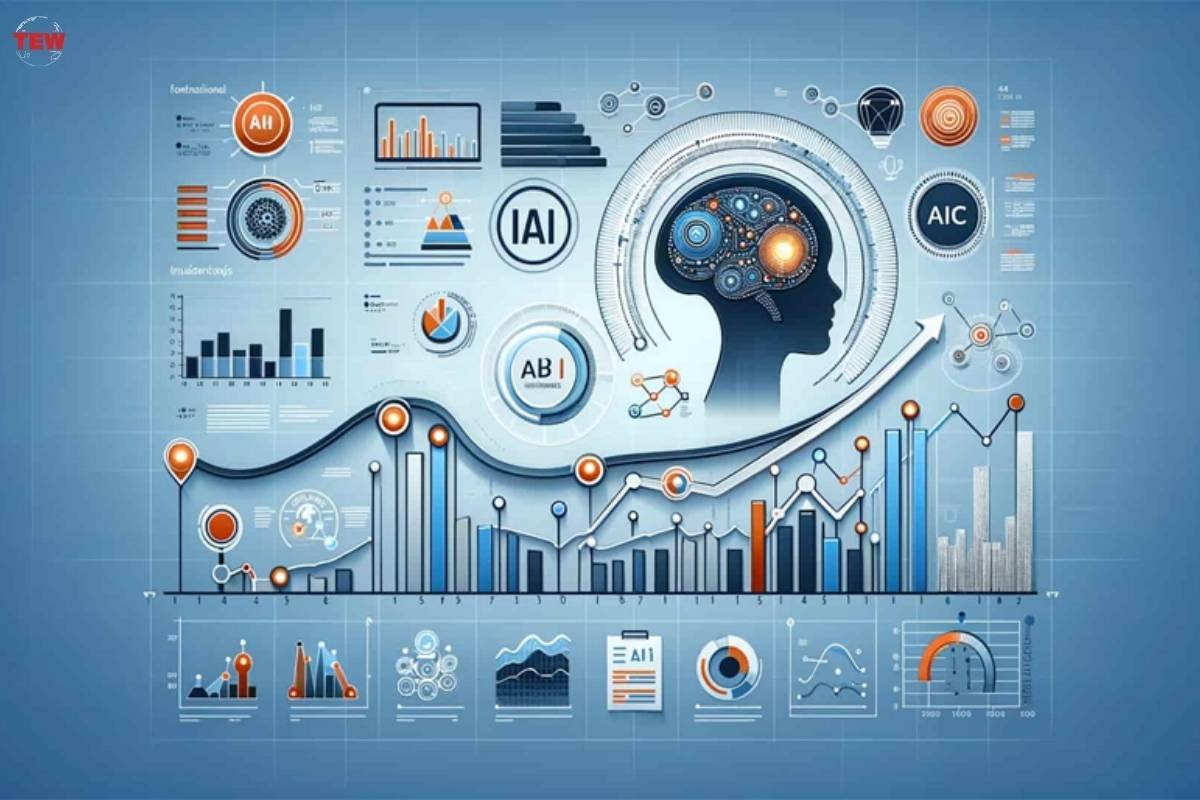In the dynamic world of project management, technology has become a steadfast ally. It is transforming traditional practices, automating routine tasks, and freeing up project managers to focus on strategic thinking and team leadership.
From AI-powered predictive analytics to collaborative platforms that streamline communication, the technological landscape is brimming with tools that are reshaping the project management sphere.
Let’s delve deeper into these project management advancements and explore how they are making life easier for project managers worldwide:
1. Automation in a Nutshell
Automation is the process of using technology to streamline repetitive tasks and reduce manual effort. In project management, automation can be applied to various aspects such as scheduling, budgeting, reporting, and risk management.
By automating these routine tasks, project managers can save valuable time and resources that can be better utilized in more critical areas of their projects. Automation also minimizes human errors, improves efficiency, and ultimately leads to better project outcomes.
2. AI-Powered Predictive Analytics
AI-powered predictive analytics is revolutionizing project management by providing valuable insights derived from vast amounts of data.
This technology utilizes artificial intelligence to analyze historical project data and predict future performance metrics, enabling the forecasting of risks, estimation of project timelines, and identification of improvement opportunities.
The integration of AI-powered predictive analytics into project management software facilitates informed decision-making, empowering project managers to proactively manage their projects with a forward-thinking approach. This transformative technology not only enhances efficiency and drives success but also fosters a data-driven culture within organizations.
3. Collaborative Platforms
In today’s fast-paced business environment, communication is key to successful project delivery. With remote work becoming the norm, collaborative platforms have emerged as a game-changer for project management teams.
These platforms allow team members to communicate, share files, and track project progress in real-time from anywhere in the world.
Moreover, many collaborative platforms also offer built-in project management tools such as Kanban boards, Gantt charts, and task trackers. This not only promotes transparency within the team but also improves overall project efficiency.
4. Virtual Reality for Project Visualization
Another exciting development in project management technology is the use of virtual reality (VR) for project visualization. VR allows project managers to create 3D models of their projects, enabling them and stakeholders to visually experience the project before it even begins.

This helps in identifying any potential design flaws or issues that may arise during construction, allowing for more informed decision-making.
Moreover, VR can also be used to simulate project scenarios and test various strategies, providing project managers with a better understanding of possible outcomes. This reduces the risk of unexpected issues during the project’s execution.
5. Internet of Things (IoT) for Real-time Monitoring
The Internet of Things (IoT) is a network of interconnected devices that collect data and share it over the Internet. In the context of project management, IoT devices can be used to monitor and track project progress in real-time.
For example, sensors installed on construction equipment can provide data on usage, maintenance needs, and location. This enables project managers to have a better understanding of resource allocation and project timeline management.
Moreover, IoT devices can also be used for safety purposes by monitoring worker’s movements and detecting potential hazards on-site. This not only promotes a safer working environment but also allows for quick response and mitigation of potential risks.
6. Artificial Intelligence (AI) for Data Analysis
Artificial intelligence (AI) has made significant strides in recent years, and its application in project management is no exception.

With AI-powered tools, project managers can analyze vast amounts of data collected from various sources to identify patterns, trends, and potential issues. This enables project managers to make data-driven decisions and adjust project plans accordingly.
Additionally, AI can also assist in risk management by predicting potential risks based on historical data and identifying strategies to mitigate them. This allows for proactive risk management rather than reactive measures that may lead to delays or increased costs.
7. Big Data for Predictive Analytics
Big data refers to the vast amount of structured and unstructured data that is generated daily. Project managers can leverage big data for predictive analytics, which involves using historical data to make future projections.
By collecting and analyzing project-related data, project managers can identify potential issues before they occur and take preventive measures to avoid them. This not only minimizes the risk of delays or cost overruns but also helps in resource planning and allocation.
8. Cloud Computing for Collaboration and Remote Access
Cloud computing has revolutionized project management by providing a platform for seamless collaboration and remote access. With cloud-based tools, project teams can work together on projects in real time, regardless of their location.

This promotes efficient communication, reduces the risk of miscommunication or delays, and allows for flexible work arrangements. Additionally, storing project data on the cloud ensures accessibility and security, as data is backed up and can be accessed from anywhere with an internet connection.
Moreover, cloud-based project management software offers various features such as task assignment, progress tracking, and document sharing, making it an essential tool for successful project management.
Conclusion
In conclusion, the evolution of technology has significantly impacted project management by providing tools and methodologies that streamline processes and enhance efficiency. Utilizing big data for predictive analytics allows project managers to leverage historical data to predict potential issues, circumventing delays, and cost overruns through proactive risk management.
Furthermore, cloud computing provides a platform for robust collaboration and remote access, thereby fostering efficient communication and flexible work arrangements.
This technology also ensures data security and accessibility, making it an indispensable tool in the modern project management landscape.
As technology continues to advance, project managers must stay abreast of these developments and incorporate relevant tools and methodologies into their processes to drive successful project outcomes. So, the role of technology in project management cannot be overstated, and its impact will only continue to grow in the future.




